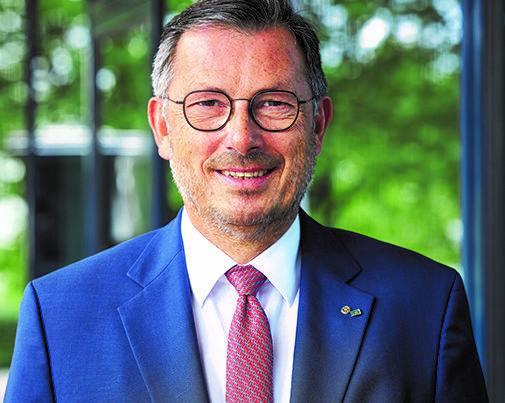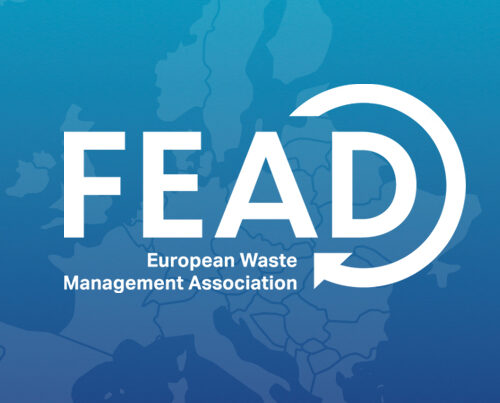This second decade of the 21st Century is proving to be a period of very complex challenges. Firstly, there are the impacts of climate change that are causing extreme weather events, species extinction, land loss and famine.
And, as if this was not a big enough problem for the world to face, along came the Covid pandemic, which more or less brought the global economy to a standstill for two years and paralysed whole communities, to say nothing of the loss of human lives. And now there is the war in the Ukraine, a conflict summoning echoes of the past that has shown us just how fragile peace – something we’d taken for granted – really is. The world has reacted with outrage and with sanctions. The war in Eastern Europe has further aggravated the shortage of commodities on the global markets – so much so that it is now impossible to get hold of certain goods or the prices are unacceptably high. Just like under a burning lens, it is possible to observe how the collapse of global supply chains, brought about by the war, has had a negative impact on our own economy and increased procurement pressure.
In this respect, the pandemic, climate change and the war all have something to do with the circular economy as well, be it directly or indirectly. Take climate change as an example: Back in December 2019, the EU named the circular economy in its Green Deal as being one of the key industries for achieving climate neutrality by 2050. The EU’s Circular Economy Action Plan states that volumes of municipal waste in the EU must have been halved within a decade if this goal is to be reached. Over the long term, all products and packaging must be designed so they are fully recyclable so that all their raw materials can be recovered and reused. A lot of catching up needs to be done in this particular area, especially when it comes to plastics.
And this is also one of the keys to solving the problem of the growing shortage of raw materials. The energy sector, industry and manufacturers are all highly dependent on supplies of commodities from other countries, some of which are politically unstable.
“Big challenges can’t be solved by thinking small scale.”
While it can’t do it by itself, the circular economy can certainly play a part in solving this problem. By systematically recovering raw materials, it can mitigate supply bottlenecks and not only reduce the economy’s dependency on imports but also improve its climate footprint. Renewable energy produced by the circular economy – such as biogas, biodiesel and electricity and heat from thermal treatment – takes the pressure off the energy sector. Recycled raw materials – such as scrap iron and steel, aluminium, copper, non-ferrous metals, plastics, wood, paper, glass, textiles and residual chemical materials – make the country and its European neighbours more independent and more climate neutral.
Looking at local community level, the pandemic has shown that the services provided by councils are essential services. What had been taken for granted in the past has now caught the public’s attention: a country cannot function properly without the circular economy. Recycling begins with smart recyclable product designs and continues with the kerbside services provided by the waste management sector.
The challenges are very big indeed. And so it is only logical that we must think and act big if we are to overcome them. Governments in other countries have recognised this fact and rather than hampering company growth have taken steps to promote it. Here in Germany, however, a special law regulating monopolies is obstructing growth – even at local and regional level – and, in extreme cases, preventing it altogether. In the following interview, REMONDIS Board Member Thomas Conzendorf explains what’s behind Section 39a of the GWB [Act against Restraints of Competition], why the Cartel Office’s view of the market falls short and what this all means for the future.
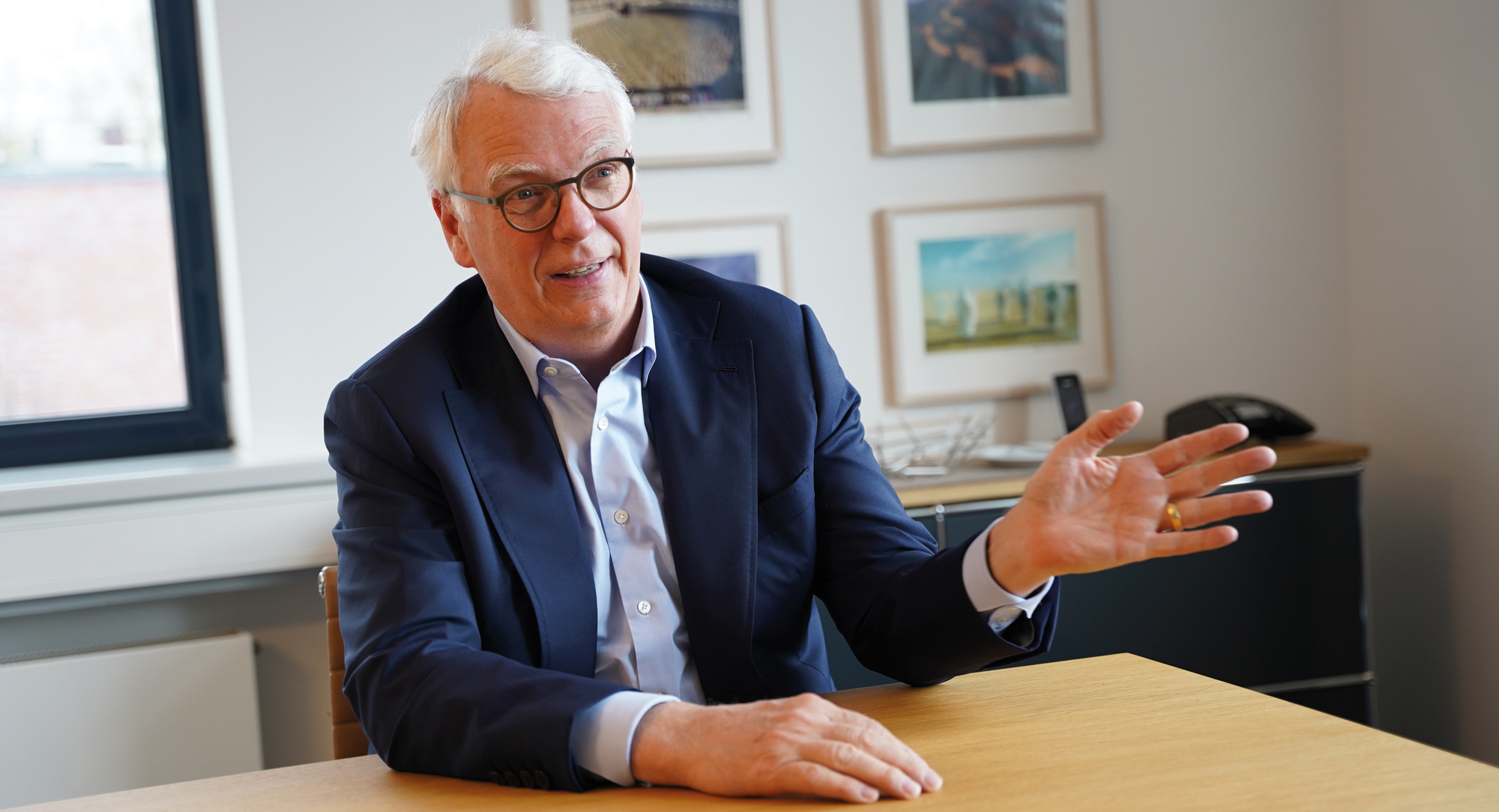
Thomas Conzendorf, REMONDIS Board Member
“We’re always hearing people say: more investments, lower consumer prices and as much competition as possible. That simply cannot work over the long term.”
Timotheus Höttges, CEO Telekom
RE:VIEWS: Mr Conzendorf, in a recent podcast, the CEO of Telekom, Timotheus Höttges, criticised the restraints of competition in his industry in Germany. His words were: “We’re always hearing people say: more investments, lower consumer prices and as much competition as possible. That simply cannot work over the long term.” Do you believe the same is true for the circular economy?
Thomas Conzendorf: In principle, yes. Mr Höttges’s criticism here was aimed at the demands to extend the network, 5G and the high investments that these will involve. There needs to be a certain minimum critical size if these requirements are to be fulfilled. This is not possible if the market is too fragmented. Germany has created yet another catch-22 situation.
RE:VIEWS: So where would you draw a parallel between the telecoms sector and the circular economy?
Thomas Conzendorf: The EU’s Green Deal has certainly turned the spotlight on our industry and our services. Having said that, though, the demands on our industry have also increased massively. We should make industry more independent and more climate neutral, contribute towards the energy transition and energy self-sufficiency, recover raw materials on a grand scale and, of course, offer local authorities and all their residents a good, clean and affordable infrastructure and services – even when the pandemic made it almost impossible for us to carry out our business. If we are to live up to and meet all these expectations then we, too, need to make some big investments and have a minimum critical size. Antitrust laws are preventing us from doing this in important sections of the market. The two simply don’t fit together.
RE:VIEWS: So which laws are restricting growth?
Thomas Conzendorf: It can all be put down to Section 39a, which was added retroactively to the amended version of the GWB. This section gives the Cartel Office the power to extend its merger control, purportedly to stop so-called killer acquisitions of individual companies within an economic sector. The Office has got carried away here on both local and regional markets and has bluntly announced its intention to check whether the RETHMANN Group, which it specifically named, must notify them of small takeovers as well in the future. We believe that this cannot be reconciled with the fundamental principle of equality.
RE:VIEWS: Aren’t there strict preconditions determining when this section may be applied?
Thomas Conzendorf: There must have been a recent review of the sector before the section can be applied. From a legal point of view, all the Cartel Office has to do here is to initiate a limited survey of the market. As far as REMONDIS is concerned, this is simply not enough. This is not the only reason why the conditions for triggering proceedings set out under Section 39a of the GWB are not met. Which is why specifically naming the company in a press release and declaring it to be the actual objective of its investigation – before the legal prerequisites of Section 39a GWB can be checked by the authorities – is all the more astonishing.
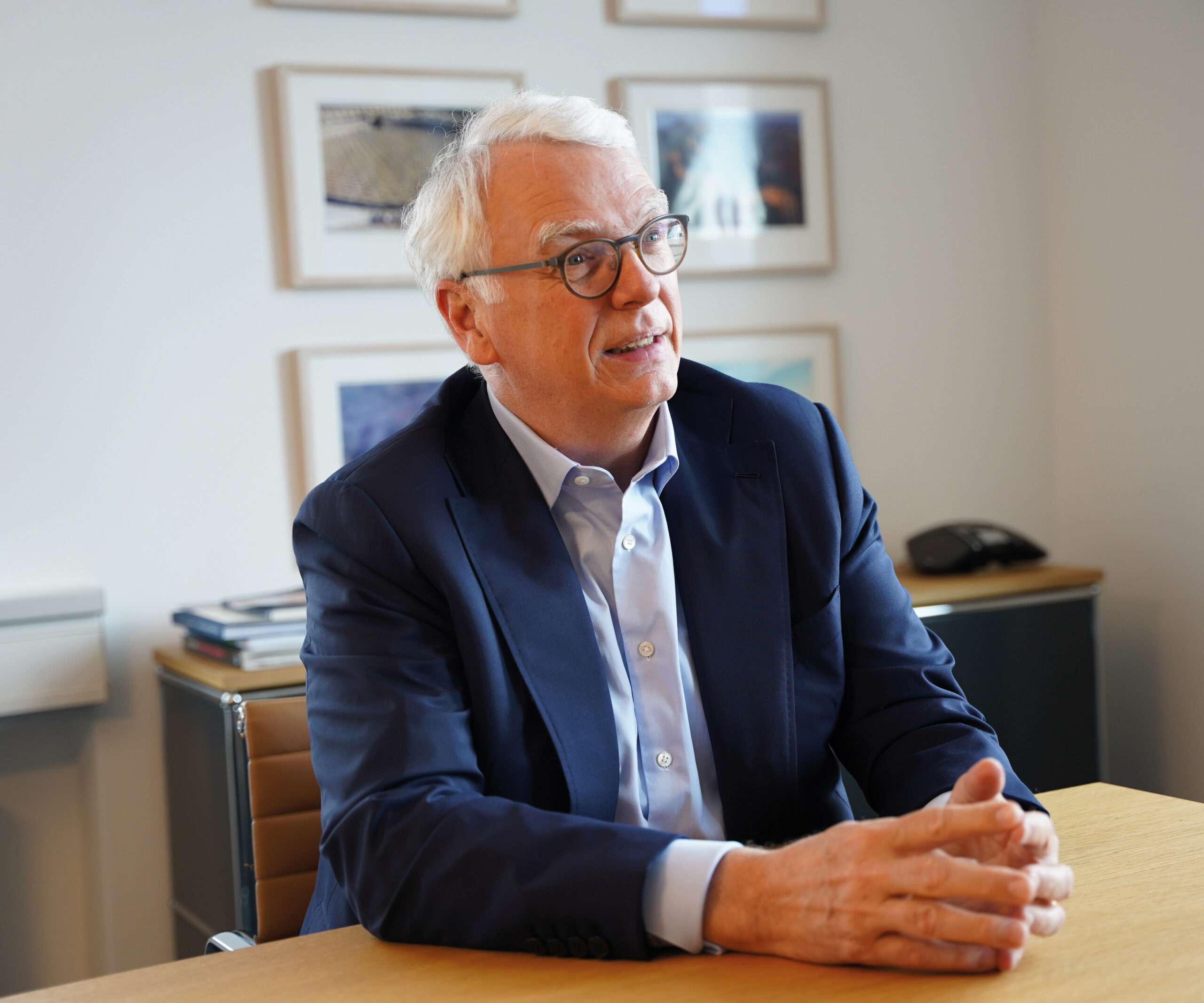

Section 39a GWB
Merger control below the turnover threshold
The 10th amendment of the GWB [Act against Restraints of Competition] came into force on 19 January 2021. This contains a new regulation – set out in Section 39a – that extends the power of the Cartel Office to review mergers. According to these new rules, the Federal Cartel Office can, under certain circumstances, compel a company to notify it if it intends to take over another business in one or several economic sectors even if the turnover threshold set out in Section 35 GWB is not met.
The Cartel Office can compel a company to do this if the company concerned has a combined aggregate worldwide turnover of more than €500 million, if there are “objectively verifiable” indications that future concentrations could “substantially” impede “effective” competition in certain sectors of the economy, if the company concerned supplies or procures at least 15% of the goods or ser-
vices in the sectors specified in Germany and if the Federal Cartel Office has conducted a review of the sector of the economy concerned.
REMONDIS believes that the preconditions for triggering the proceedings set out in Section 39a GWB have in no way been met and so the decision of the Federal Cartel Office to specifically name the company in its press release and declare it to be the actual objective of its investigation – before the legal prerequisites of Section 39a GWB can be checked by the authorities – is a clear breach of the prohibition of discriminatory practices. As a result, REMONDIS’ rights have already been violated.

RE:VIEWS: So what turnover thresholds are relevant to antitrust laws?
Thomas Conzendorf: The Cartel Office normally takes a look at planned takeovers or mergers that involve a turnover of more than 17.5 million euros. The legislator assumes here that takeovers of firms with a turnover of less than 17.5 million euros will not cause an antitrust problem. All of a sudden they have taken a different view and only when it comes to REMONDIS. This is particularly odd as the Cartel Office had to admit in its own announcement that its review of the market was incomplete.
RE:VIEWS: To what extent?
Thomas Conzendorf: In its last sector investigation back in December 2021, the Federal Cartel Office itself pointed out the risks of local authorities reclaiming services and bringing them back in-house. The antitrust watchdogs have, for the most part, focused on kerbside collections of waste. Depending on the region, around 50% of collections – and in some cases a much bigger share – is carried out by municipal companies that are in direct competition with the private sector. There is no explanation as to why the restrictions should only apply to private sector firms. Obviously REMONDIS has nothing against local authorities running their own businesses. These must be taken into account, however, when the Cartel Office examines the individual markets.
RE:VIEWS: And yet REMONDIS is still being accused of gradually building up a dominant market position in some regions by buying up small firms.
Thomas Conzendorf: The first thing that needs to be done here is to make it very clear which market is actually being referred to. Which is why we believe that the whole structure of the latest sector investigation was wrong as it not only ignores the largest market share – namely the share held by local authorities – it also divides the circular economy market into imaginary submarkets. Prognos AG recently determined that the circular economy in Germany is worth a total 85 billion euros per year. Around 10,000 municipal and private sector companies play some kind of role in this sector. REMONDIS’ share here is a mere 2.35%.
RE:VIEWS: That, though, doesn’t rebut the accusation that the company has a dominant position on regional markets as a result of buying up specific companies.
Thomas Conzendorf: Across the whole of the RETHMANN Group over the last four years, there have been just 12 acquisitions in the area of kerbside collections that did not have to be registered at the Cartel Office. That is a mere three takeovers a year, each of which had an average annual turnover of 4 million euros. All of the other acquisitions that were registered at the Cartel Office involved commercial waste. Twelve acquisitions over four years with such a low average annual turnover really cannot fall into the category of “objectively verifiable indications that future concentrations could substantially impede effective competition in Germany”.
RE:VIEWS: Have you got a concrete example of this imbalance?
Thomas Conzendorf: The current developments in the German state of Saxony-Anhalt are, unfortunately, very typical. Private sector companies have been commissioned to provide kerbside collection services by just five of the state’s 16 district and town councils. 11 councils – which make up the biggest share of the state by far – have their own municipal companies collect residual waste, bulky waste and organic waste from households. The municipal firms there already had a considerable share of the market in 2002, namely 49%. Today, this share has risen to an incredible 72.9%. And this is completely distorting the picture. The gradual increase in the market share of municipal firms is, according to the Cartel Office’s method of calculation, also leading to an increase in REMONDIS’ market share – without us actually being awarded another contract or adding another business location in Saxony-Anhalt.
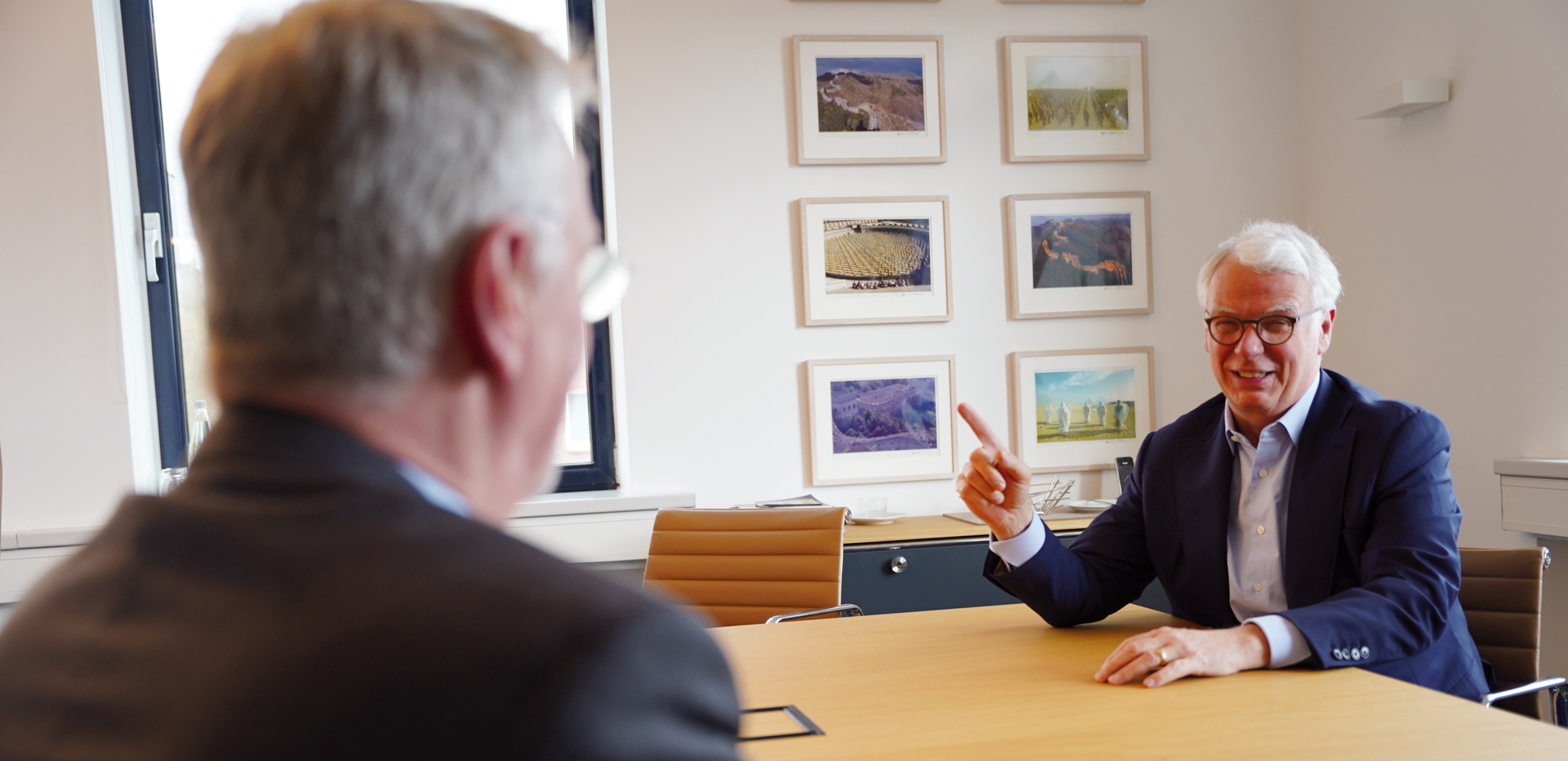
“If we want to solve the urgent problems of our time, then we must allow those businesses looking to do this to grow both within and beyond Germany.”
Thomas Conzendorf, REMONDIS Board Member
RE:VIEWS: Which makes it difficult to understand why the Cartel Office still dedicated a whole paragraph to you.
Thomas Conzendorf: Correct. Especially as the Cartel Office is really chasing an illusion here. At the end of the day, there is not a single company below the €17.5m turnover threshold that could trigger a market-dominant position were it to be taken over. The 150 smaller firms with a turnover of more than 2 million euros that would actually come into question as possible takeover candidates – and which REMONDIS would have to spend much time and money registering thanks to Section 39a of the GWB – have a tiny position on the market even if they were all added together. Even if a company were to purchase all of them at once, there would be no way that they would have a dominant position on the market. The actual problem lies elsewhere.
RE:VIEWS: Namely?
Thomas Conzendorf: It was the Cartel Office itself that changed the frequency of the dual system tenders and reduced the length of the contracts from 10 to 3 years. And we’re talking about a significant market here where the private sector still has the edge. And this is the reason why there are only a handful of small and medium-sized firms left that can or wish to invest in collecting, sorting and recycling these materials. If I run the risk that the council will want to do the work itself sooner or later or that I will lose my contract after just 36 months – pulling the rug from under my business before the initial capital investments have been paid back – then it’s only natural to stay well clear of it. And we’re talking here of investments involving seven or eight figure sums for expanding business locations as well as for special vehicles, staff and ongoing modernisations. If the length of the contracts are then officially shortened by such an extent, you can’t, of course, then be surprised afterwards that so few companies apply to do the work.

RE:VIEWS: How do you believe things could be done better?
Thomas Conzendorf: The government in France was expressly in favour of the big merger between Veolia and Suez. Indeed, they even supported it. We would like to see our own legislator providing such targeted support of potential opportunities to achieve environmentally necessary economic growth inside and outside the country. The problems of the world can no longer be solved with economic regionalism and exclusive consumer protection. European and global champions should be encouraged instead of preventing growth beyond the border of a local parish. The Dutch are also doing a good job and they are in a similar situation to us. Their industry is also shaped by strong local authorities and small and medium-sized family-run companies. Some of these firms don’t have a successor and are looking for a high performance partner who can give their business a long-term future and secure the jobs of their staff. The Dutch government has also recognised that big challenges can’t be solved by thinking small scale. Which is why no one in the Netherlands would dream of adding a special paragraph to the law to prevent mergers taking place in the waste management sector that involve a turn-over of below €30 million, which is the threshold there. Such paragraphs can only be found in Germany. If we want to solve the urgent problems of our time, then we must allow those businesses looking to do this to grow both within and beyond Germany. Otherwise we won’t have the investments needed to develop and realise innovative solutions to conserve natural resources and curb climate change. And such a situation is in no one’s interest.
RE:VIEWS: Mr Conzendorf, many thanks for taking the time to talk to us.







